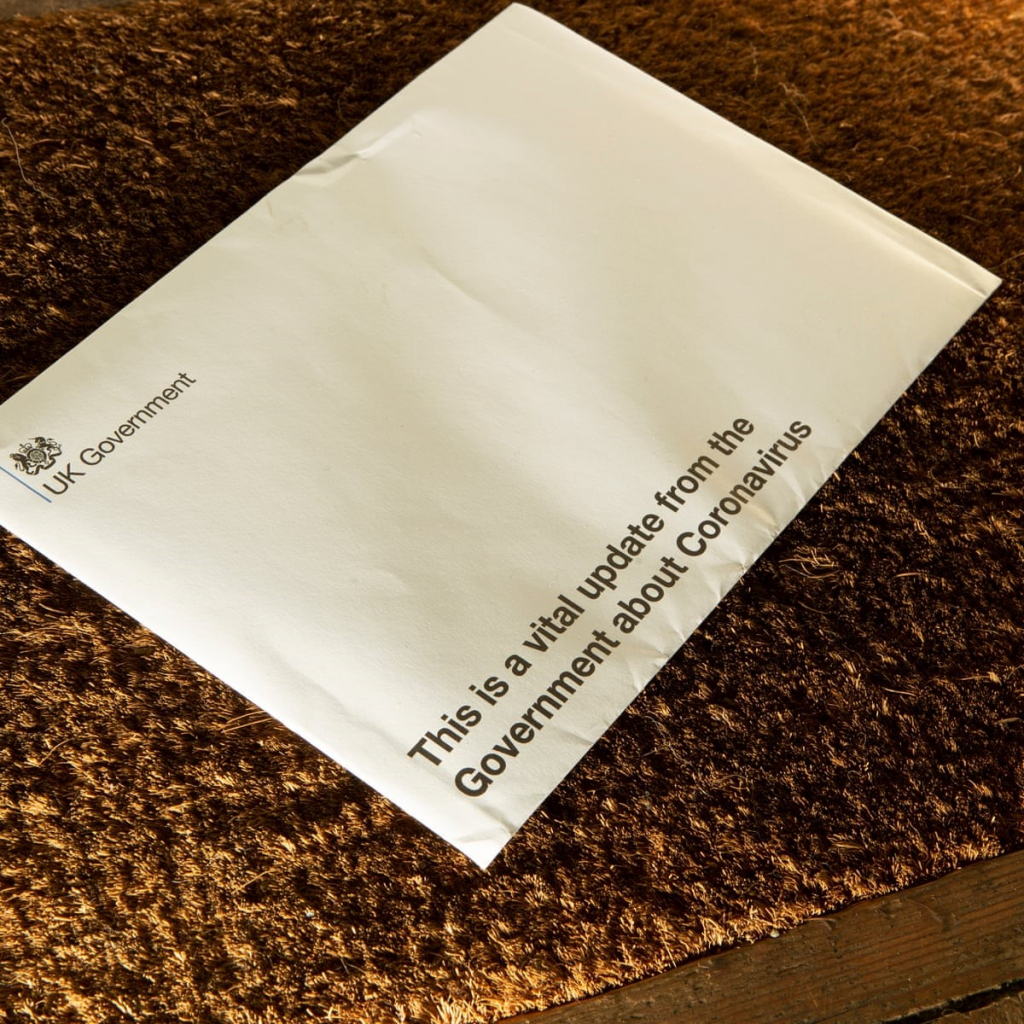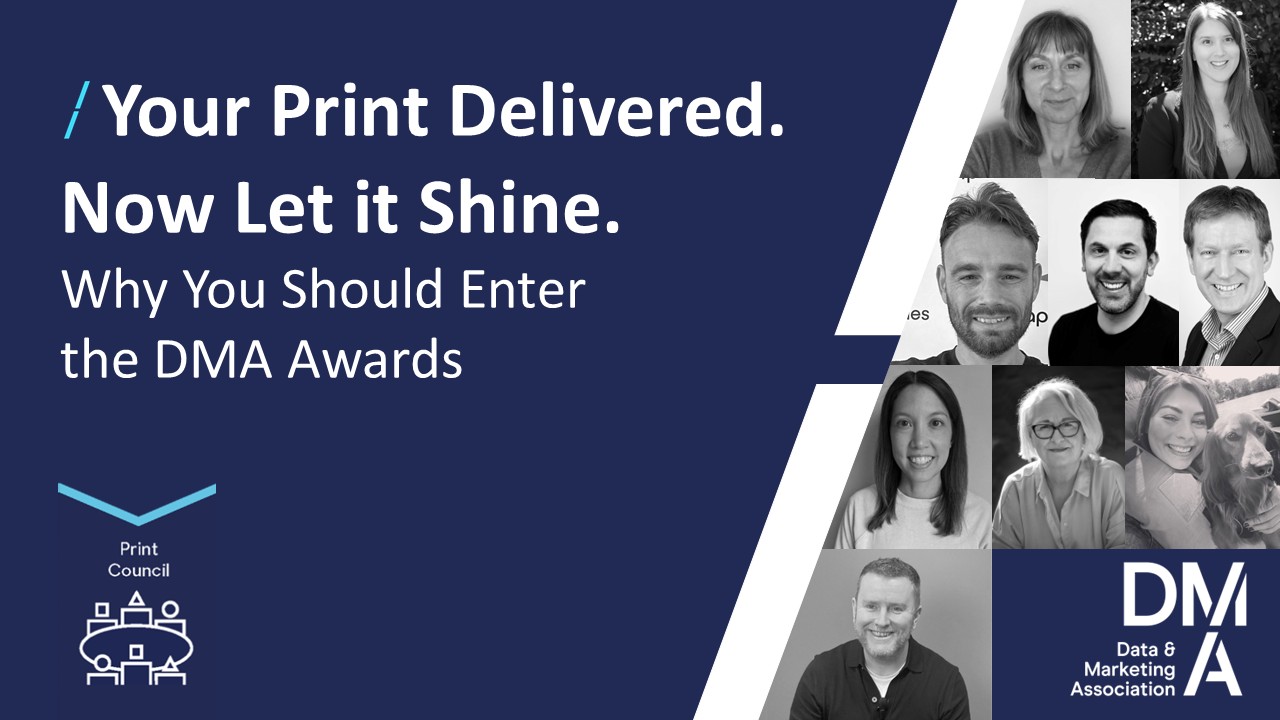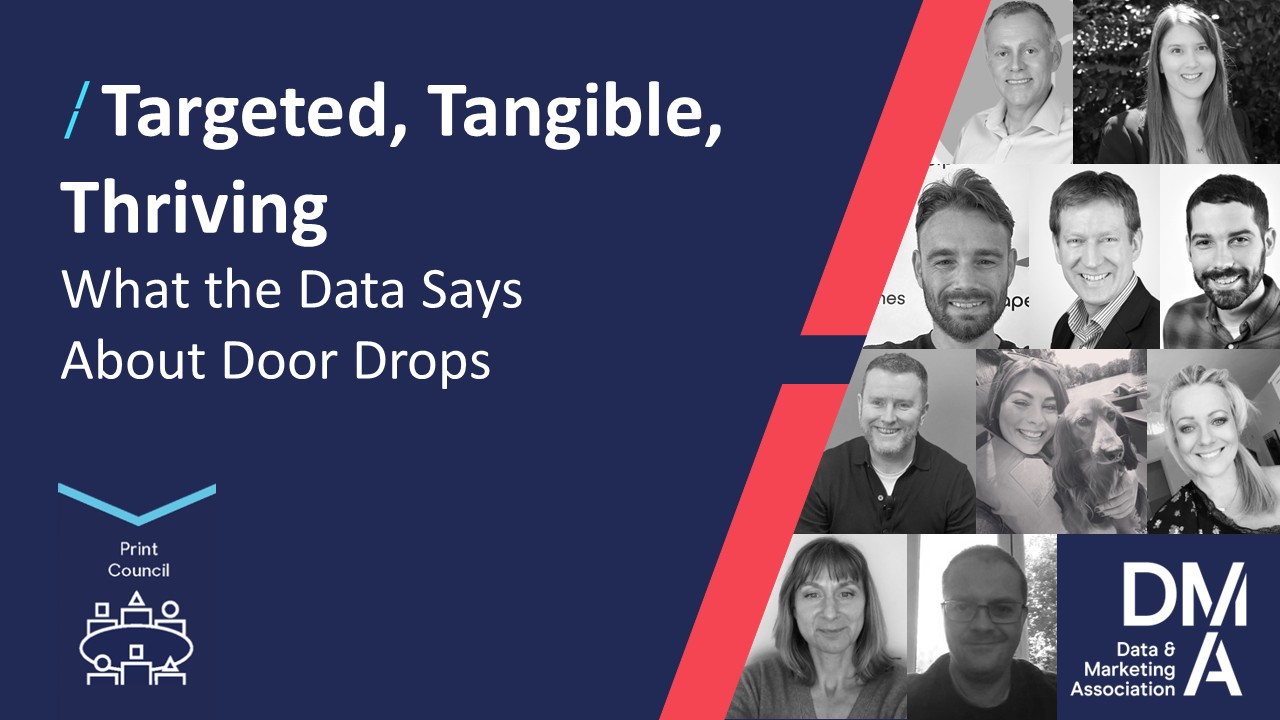The Government Door Dropped 30 million Coronavirus Letters to UK Households. Why?
24 Jul 2020

This article has been repurposed from The Letterbox Consultancy by Neal Dodd who is a member of the Print Council.
Earlier this year, you are likely to have received an unaddressed letter from the UK government through your letterbox about the Coronavirus. Delivered by Royal Mail door to door the letters offered an update regarding the government’s plans to deal with the pandemic and to offer instructions and guidance about what UK residents should be doing at this time.

It is not the first time that the government has used the channel on this scale.
During the Brexit campaign, the UK government arranged for every UK household to receive a booklet about the referendum.
They also booked a nationwide door drop in response to terror levels being their highest for some time, a few years ago.
Many MPs also use the channel as part of their campaign when it comes to local, national, and European elections and many councils across the UK have turned to door drop as part of their Coronavirus communication with local residents.
So why have the government again turned to door drop?
- Reach
Quite simply, there is no other channel that offers this level of reach at this price.
Royal Mail door to door effectively offer coverage of 100% of UK households. While some people have opted out of receiving unaddressed communication from them, it is understood to be a tiny percentage.
The only other channel that can reach people through this proportion of UK letterboxes is direct mail, which would come in at a far higher cost.
Consider other channels; 67% of the country have a Facebook account, but not all users will be active on a regular basis.
Radio achieves an impressive 90% of the UK population as listeners, but many of these of course will be restricted to specific parts of the day, week or month and will be spread a whole host of radio stations, much like TV.
How many people are seeing outdoor ads at the moment?
This isn’t to dismiss other media channels and they all have their value. The government is understandably using multiple channels at this time.
But every household has a letterbox and you can be certain that items posted through a letterbox will be seen by at least one person, so why wouldn’t the government have door drop at on their list?
- Physical item
With the distribution of their item, the government have ensured that their letter is picked up in almost every UK household.
There is no scrolling past, no changing channel and no staring down at a phone whilst the advert passes you by… the letter will be picked up and looked at, in many cases alongside the post for that day.
Further, we know from JICMail that many of those people who have picked the item up will then keep it in their home – on average for over five days, most likely a lot more, given the content.
Door drop is an intrusive media and this is an incredibly valuable asset for recall.
- Trust
It’s no coincidence that we continue to see print media as the chosen channel for delivering official news and statements.
Facebook opted for full page newspaper ads in order to apologise for privacy breaches in 2019, despite being a media owner themselves.
There is a wealth of data to show that consumers have concerns about ‘fake news’ in digital media and that they trust news from printed resources more than online.
- Location
The government’s letter will have reached people when they were at home. That’s a fact.
The content of the letter shows us that there are a number of messages that the government want people to digest – both in terms of what they are doing to tackle the Coronavirus spread and what they need UK residents to do.
It is a logical follow on that people may be more inclined to digest this information in the home, as opposed to when they’re on the move and/or out of the home.
Arguably, the government’s door dropped letter will gain greater attention than other media options.
The government has been using TV and social media advertising since the situation with Coronavirus became more serious, but it often tends to be the decision to use door drop on a national scale that raises question marks amongst the public, which I can understand.
However, when you stop and think about the benefits of door drop vs other media options (or indeed, in addition to other media options), I think it’s hard to argue that the decision by the government to use our channel was a perfectly logical one.




Please login to comment.
Comments